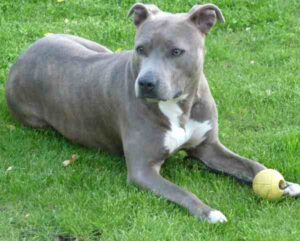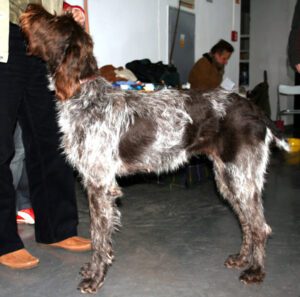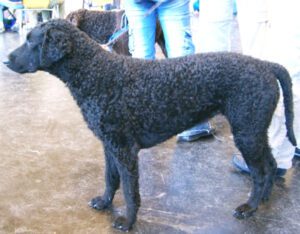Can dogs eat chicken feet? It’s a common question many beginner dog keepers ask. Here we are describing more about can dogs eat chicken feet.
Yes, dogs can eat chicken feet, and many pet owners believe they provide significant health benefits. However, it’s essential to prepare them properly and feed them in moderation.
If you’re unsure about whether chicken feet are appropriate for your dog, it’s always best to consult with your veterinarian before introducing any new food into their diet. By following guidelines from your vet or from an expert, you can safely and responsibly incorporate chicken feet into your dog’s diet and help them maintain optimal health and well-being.
What is chicken feet?
First, it’s essential to understand what chicken feet are and why people feed them to their dogs. Chicken feet are the feet of chickens, which are often discarded by people who eat chicken. However, in many cultures, chicken feet are considered a delicacy and are eaten by humans.

Can Dogs Eat Chicken Feet
Dogs are known for their indiscriminate eating habits, which can be both a blessing and a curse for pet owners. On one hand, it’s easier to find food that your dog enjoys. On the other hand, it can be challenging to determine what is safe for them to eat.
One food item that frequently comes up in discussions about dog nutrition is chicken feet. Some people swear by it, while others are skeptical about whether it’s safe for their furry friends to consume. Here we are trying to discuss more about the topic of whether can dogs eat chicken feet or not.
People who feed chicken feet to their dogs do so because they believe it has many health benefits. One of the main reasons why people feed chicken feet to their dogs is because they contain a high level of glucosamine and chondroitin.
These are compounds that are beneficial for joint health, which is particularly important for older dogs or those with joint problems. Chicken feet are also rich in collagen, which is good for skin, hair, and nail health. Chicken feet are also an excellent source of protein and contain essential amino acids that are necessary for a dog’s overall health.
Now that we know why people feed chicken feet to their dogs, let’s address the question of whether it’s safe for them to eat. The answer is yes, dogs can eat chicken feet, and in fact, many dogs enjoy them. However, it’s essential to prepare them properly and feed them in moderation.
When feeding your dog chicken feet, it’s important to remove the nails and any dirt or debris that may be stuck to them. You can do this by washing them thoroughly or boiling them for a few minutes.

It’s also important to monitor your dog while they’re eating chicken feet to ensure they don’t choke on any small bones or bone fragments that may be present.
Another thing to keep in mind is that chicken feet should be fed in moderation. While they’re a great source of nutrients, they’re also high in fat and calories, which can lead to weight gain if your dog consumes too many of them. Some dogs may have trouble digesting chicken feet, which can lead to gastrointestinal upset.






